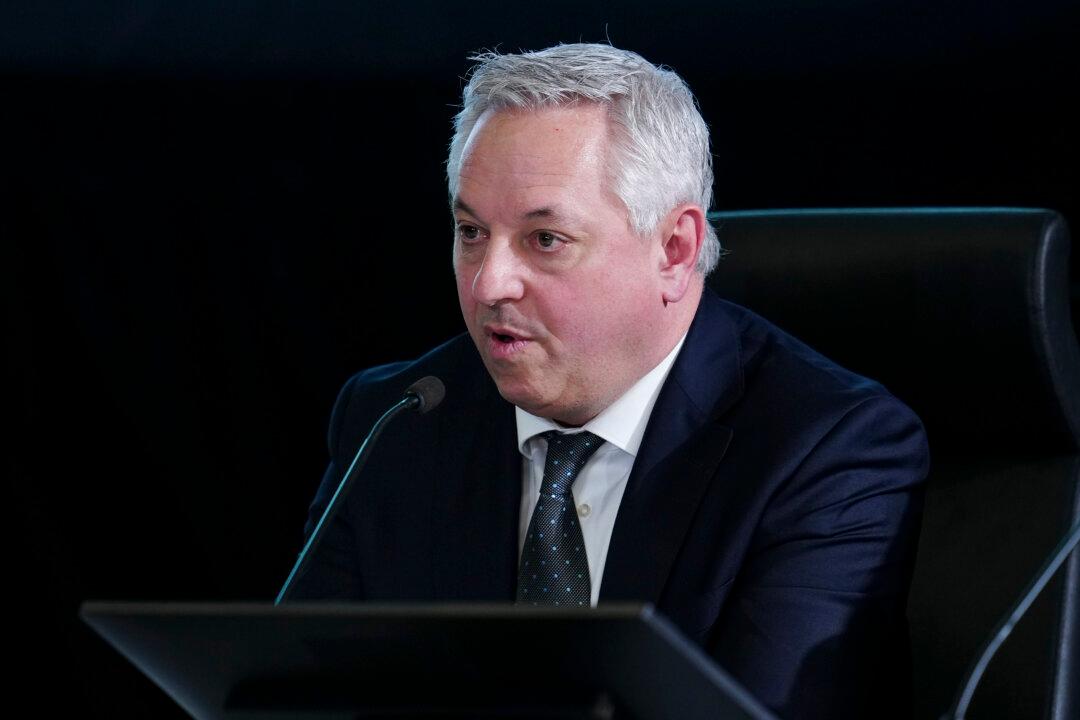The director of Canada’s spy agency confirmed he warned the government about the need to do more to counter foreign interference, after he was recalled to testify before the inquiry into foreign interference on April 12.
“This is a line that I have used before,” Canadian Security Intelligence Service (CSIS) Director David Vigneault told the Public Inquiry into Foreign Interference.
Mr. Vigneault was commenting on a CSIS document identified as a briefing to the prime minister which says Canada is “slower” than its allies to counter foreign interference, and that there are no legal or political consequences for those conducting such activities in Canada.
He was recalled to the inquiry after that CSIS document and two others were tabled late in the proceedings. All three documents pertain to briefings Mr. Vigneault had provided to Prime Minister Justin Trudeau.
Confusion arose after Mr. Trudeau and his senior advisers testified earlier this week that the content of the documents had generally not been transmitted to the prime minister during verbal briefings.
Mr. Vigneault had testified the week prior, hence parties at the inquiry requested he return to be questioned about the three documents.
The CSIS director agreed with the testimony from the prime minister and his staff, saying that the written briefings were meant as speaking notes.
“This material is for my review, for reference points ... It’s not something I need to transmit to somebody else,” he said.
The briefings from October 2022 and February 2023 about foreign interference (FI) offer strong observations about the federal government’s lack of efforts to counter foreign interference.
One says that Canada has been lagging behind its close intelligence partners in countering the threat, noting how some have foreign agent registries or publicly disclose nefarious activities by issuing notices about agents.
“Canada has been slower than our Five Eyes allies [original emphasis] to respond to the Fl threat with legislative and other initiatives, such as proactively publicizing successful disruption of Fl activities as a means of deterring future efforts,” says the 2022 briefing.Mr. Vigneault was asked specifically about these statements during his second testimony. He said he had not shared those concerns in the 2022 and 2023 briefings, but has done so in other settings and with a variety of officials.
“I can say with confidence that this is something that has been conveyed to the government, to ministers, the prime minister, using these words and other types of words,” he said, adding that this message has also been passed on in public settings.





